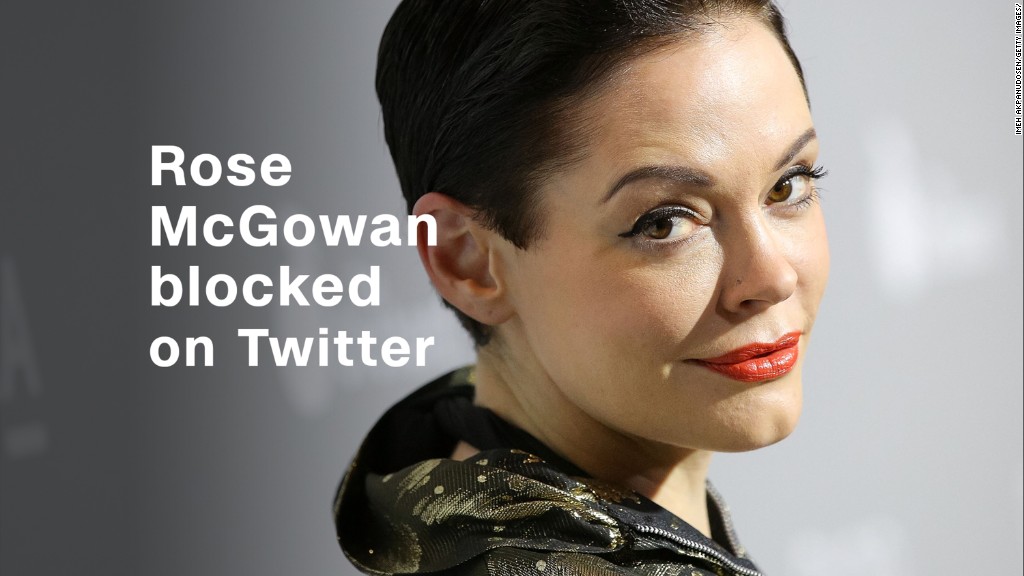
Days after Twitter CEO Jack Dorsey promised there would be more aggressive rules coming to Twitter, the company outlined its policy changes in an email to its Trust & Safety Council on Tuesday.
The email, first reported on by Wired and obtained by CNN Tech, details where the policy updates stand -- including plans to treat hateful imagery and hate symbols on the platform as "sensitive media."
As with adult content and graphic violence on the platform, the content will be blurred and individuals will need to manually opt to view. But what Twitter considers to be a hate symbol isn't detailed in the email.
Two other new categories that Twitter broke out: Violent groups, or organizations that use or have historically used violence to advance their causes, as well as tweets that "glorify" or "condone" violence. The company says that it already takes action against threats like "I'm going to kill you" (though how effective it has been at doing this has been up for debate).
But, as part of the policy update, it said it will soon take action against tweets that are perhaps more vague, but no less threatening, such as "Murdering <x group of people> makes sense. That way they won't be a drain on social services."
The company, which is toeing a sensitive line as it works to police harassment on its platform while positioning itself as a service that celebrates free speech, notes these three new categories will be fleshed out in more detail. It said it plans to roll out the finalized updates in the coming weeks.
Related: Twitter CEO says new rules coming to curb harassment
"We hope our approach and upcoming changes, as well as our collaboration with the Trust and Safety Council, show how seriously we are rethinking our rules and how quickly we're moving to update our policies and how we enforce them," Twitter said in a statement.
The swift action comes after an outcry from users last week when actress Rose McGowan's account was temporarily blocked for violating Twitter polices. Twitter said she tweeted a phone number. McGowan had been very engaged on the platform in the wake of the Harvey Weinstein scandal, posting tweets including an accusation that Weinstein raped her. And users weren't happy. Many reacted to her suspension with a hashtag #WomenBoycottTwitter.
This is just the latest complaint against the company, though, which has long been criticized for not taking effective action against hate speech and harassment on its platform.
In addition to the new categories outlined in the email, Twitter also plans to make significant updates to existing policies around non-consensual nudity and unwanted sexual advances on the platform.
Notably, any individual can report something they suspect is non-consensual intimate photo of someone: "Given that people appearing in this content often do not know the material exists, we will not require a report from a target in order to remove it," the email reads. It will also widen the scope of what is considered non-consensual nudity to include "creep shots," or images taken with cameras angled up a person's skirt.

